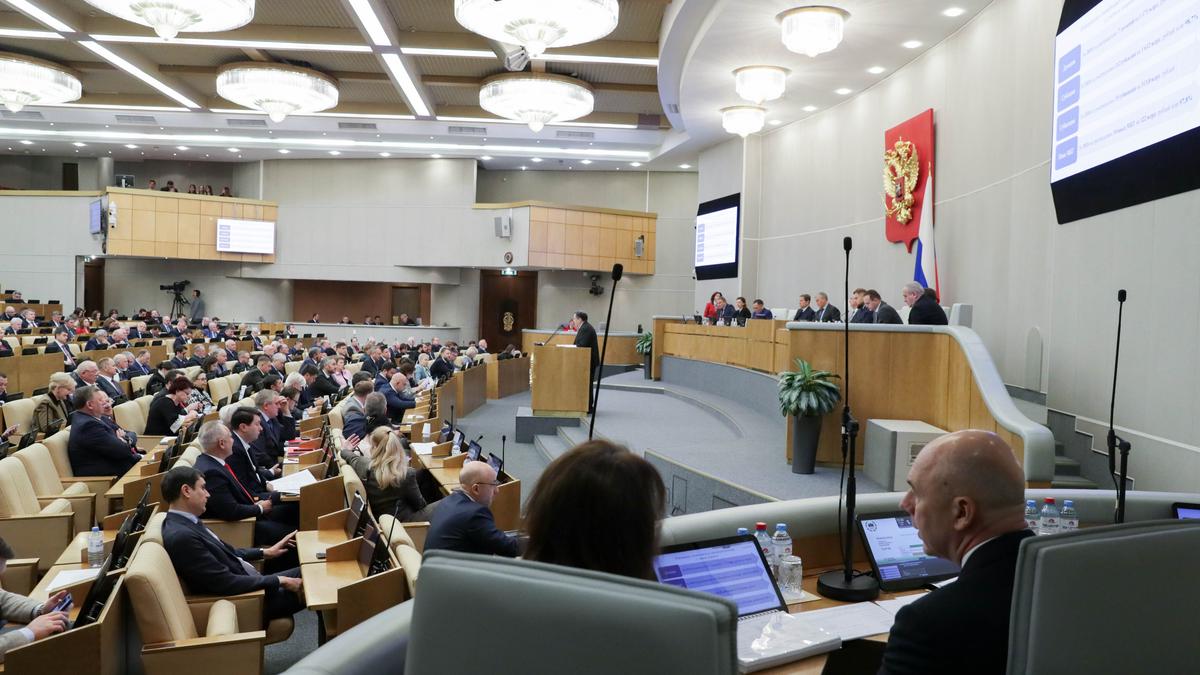
Russian parliament passes record budget, boosting defence spending and shoring up support for Putin
The Hindu
Defence spending is expected to overtake social spending next year for the first time in modern Russian history
The lower house of Russia’s parliament, the State Duma, on November 17 approved its biggest-ever federal budget which will increase spending by around 25% in 2024, with record amounts going to defence.
Defence spending is expected to overtake social spending next year for the first time in modern Russian history, at a time when the Kremlin is eager to shore up support for President Vladimir Putin as Russia prepares for a Presidential election in March. Record low unemployment, higher wages and targeted social spending should help the Kremlin ride out the domestic impact of pivoting the economy to a war footing, but could pose a problem in the long term, analysts say.
Russian lawmakers said the budget for 2024-2026 was developed specifically to fund the military and mitigate the impact of “17,500 sanctions” on Russia, the chairman of the State Duma, Vyacheslav Volodin, said.
Also read | The Ukraine counter-offensive, a reality check
“In these difficult conditions, we have managed to adopt a budget that will not only allocate the necessary funds for our country's defense, but which will also provide all the required funds to guarantee the state’s social obligations,” First Deputy Chairman of the State Duma Alexander Zhukov said, according to Russian state news agency Tass.
The Russian Communist Party voted against the budget because it provides “low pensions” and not enough financial support for elderly people, Tass said. The budget will now be passed to the Federation Council — the upper chamber of Russia's parliament — for approval before it is signed by President Vladimir Putin.
The draft budget “is about getting the war sorted in Ukraine and about being ready for a military confrontation with the West in perpetuity,” Richard Connolly, an expert on Russia’s military and economy at the Royal United Services Institute in London, has said.

LGBTQ+ couples in Thailand register their marriages on the first day of law giving them equal status
Thailand legalizes same-sex marriage, granting LGBTQ+ couples equal rights and recognition, marking a historic milestone in Asia.

















